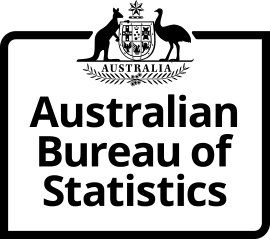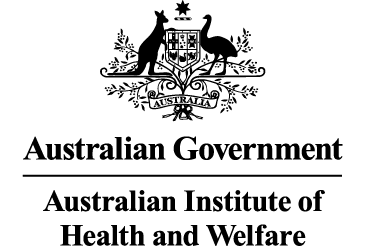WORKSHOP THEME
Secure integration of Non-Government Organisation (NGO) service data into national linked data systems for research and evaluation purposes
The Life Course Centre has played a leading role in shaping administrative data access in Australia for over a decade through our ongoing Data for Policy initiative.
The Data for Policy initiative involves formal partnerships with key Life Course Centre stakeholders including government agencies, philanthropy, and NGOs, to find ways of using data to help understand the causes of, and solutions to, deep and persistent disadvantage in Australia. The integration of NGO service data into government linked data platforms was identified by these stakeholders as a strategic priority for the Life Course Centre, given the benefits this would bring to understanding what works to help people experiencing disadvantage, and forms the theme of this Workshop.
Please note attendance to this event is by invitation only.
This interactive workshop will aim to:
Develop high-level principles for NGO data integration in support of continuous improvement of NGO-delivered services and outcomes for NGO clients.
Pilot a set of practical guidelines to support systematic integration of NGO service data into established linked data systems to support research and program evaluation.
Agree on one or more NGO linked data research and evaluation projects that will demonstrate use of the high-level principles and data linkage guidelines to enable NGO data integration.
To help us achieve these aims, we will bring together senior representatives from across the NGO sector, government departments, philanthropy, community, and academia, for a facilitated discussion on the integration of NGO service data into national linked data ecosystems.
Program
Day 1
Day 1 will focus on developing high-level principles for NGO data integration, and the key elements underpinning practical guidelines to link NGO data into national linked data systems for research and evaluation purposes. This includes issues like governance, privacy, social licence and trust, Indigenous data sovereignty, minimum data standards, finance and resourcing, data custodianship, and processes for linkage. We will hear perspectives from across the NGO sector, government departments, philanthropy, community, and academia, and agree on the core components required to enable NGO data integration.
Day 2
Day 2 will discuss research and evaluation using linked NGO data as a strategy for continuous improvement of NGO-delivered programs and services. As part of this, we will hear from several NGO partners about potential demonstration projects for linkage and evaluation based on programs or services NGOs are currently delivering and collectively decide on how to progress the examples put forward using the high-level principles and guidelines from Day 1.
Our Sponsors
The Life Course Centre would like to thank our Program Sponsors, the Australian Bureau of Statistics and the Australian Institute of Health and Welfare. Through their generous support, we are able to bring together a wide range of non-government and not-for-profit organisations, along with policymakers and practitioners, who are committed to developing the effective use of data to help reduce disadvantage in Australia.
What is Data for Policy?

The Life Course Centre’s Data for Policy initiative seeks to shape administrative data access in Australia to improve the lives of those living in social and economic disadvantage. We do this by bringing together relevant stakeholders to share their initiatives, successes and the barriers they face, and we have been doing this since 2014.
Since the inaugural Data for Policy event, several major changes have taken place in the Australian data landscape, including the establishment of the Multi-Agency Data Integration Project (MADIP) administered by the Australian Bureau of Statistics, the Tax Office’s A-Life, the NSW Government’s Data Analytics Unit and the collaborative state-based linkage service the Population Health Research Network, amongst many examples.
But more is needed. Large policy initiatives such as Closing the Gap and Stronger Places, Stronger People need to track success, including making the data evidence useful for the community organisations involved. The Life Course Centre’s NGO partners and stakeholders are working towards linkage and analysis of their own data, to measure success and for better planning and delivery of services. And philanthropic organisations are increasingly seeking measures that will demonstrate the effectiveness of their investments.

